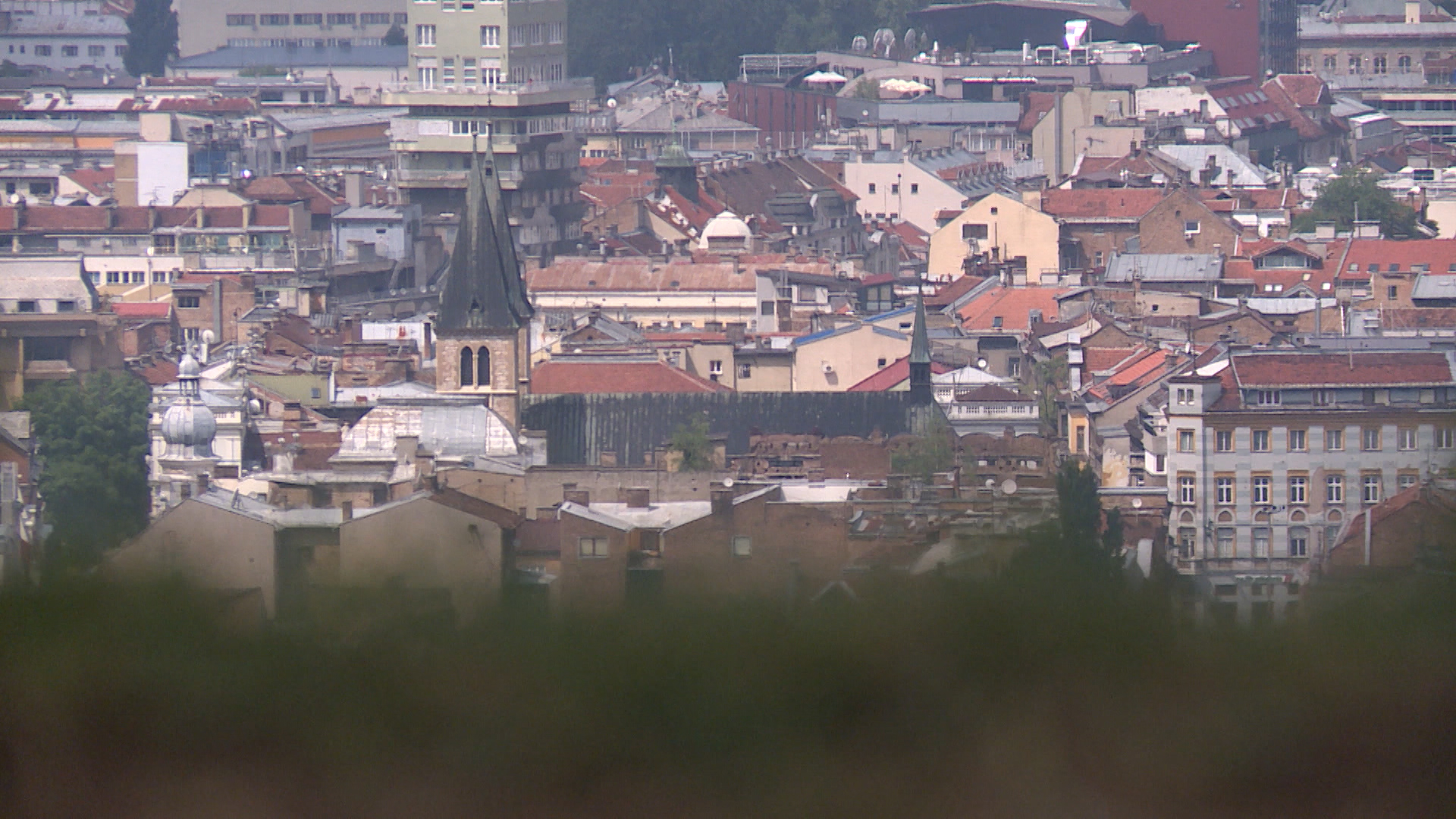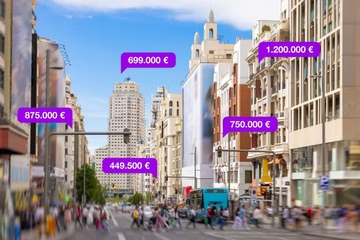
Democracy has significantly declined all over the world in 2017, with more than half of the countries assessed in the latest edition of the Democracy Index having slipped further down the list, according to the Economist Intelligence Unit.
The Democracy Index provides a snapshot of the current state of democracy based on 60 indicators. This year it also focused on how media freedom and freedom of expression are faring in every region.
According to the findings out of the 167 countries assessed worldwide, 19 are “full democracies,” 57 are “flawed democracies,” 39 are “hybrid regimes” and 52 are “authoritarian regimes.” Norway tops the list with an overall score of 9.87, while North Korea is at the bottom with a 1.08 score.
The regional score for Eastern Europe, a region which traditionally scores low, has now fallen to it’s lowest point recorded since the Index was established in 2006. It stands at 5.40, while in 2006 the score was at 5.76.
“A weak political culture, a chaotic transition, difficulties in creating institutions aimed at safeguarding the rule of law and persistent issues with corruption create a difficult habitat for democracy,” the report states.
“In some countries the population favors conservative policies and strong leaders,” it further explains.
The western Balkan region fits into this description well, and Bosnia is the worst off. The country has, since the first time the Index was created, never worked itself higher up from the "hybrid regime” category. Bosnia’s score stood at 5.78 in 2006 and has since steadily deteriorated, albeit with some small fluctuations. The lowest point for Bosnia was in 2014, when the country scored 4.78. It hasn’t moved very far from that, scoring 4.87 in 2017.
Albania is doing somewhat better, although it also never left the category. The lowest score for the country was 5.67 in 2013, after taking a steady dip since 2008, when it scored 5.91. However, in 2017, the score is higher than ever – 5.98.
Montenegro’s score has also been steadily deteriorating since 2006 – with the exeption of a small fluctuation in 2015. When the Index was created, the score stood at 6.57, within the “flawed democracy” scale, but in 2013, the country became a “hybrid regime” with a score of 5.94. The latest score is the lowest yet – 5.69 in 2017.
Macedonia took the largest year-by-year dip in 2016. The country did not fluctuate too much throughout the years before. In 2006, the score was 6.33, while in 2015, it was at 6.02 after a dip of 0.13 from the year before. 2016, however, saw a considerable slip – from a “flawed democracy,” the country became a “hybrid regime” with a score of 5.23. In 2017, the score stands at 5.57.
Neighboring Serbia is doing somewhat better than the previous countries, staying within the “flawed democracy” scale since 2006. The highest point for the country was in 2014, when it had a score of 6.71. In 2017, this score is at 6.41.
Croatia has never left the “flawed democracy” category either, but the country’s score has deteriorated throughout the years. While it stood at 7.04 in 2006, it’s score for 2017 is 6.63.
Kosovo is not assessed by the report.
The full report, however, mentions Serbia in more detail.
“Successive governments in Serbia, for example, have sought to shape news coverage by exerting political influence over public broadcasters and being supportive of certain private outlets such as Pink TV that takes a less critical anti-government line,” according to the report.
The governing political party in the country, with president Aleksandar Vucic at it’s helm, has, with the help of the pro-government tabloid Informer, taken an “uncompromisingly hostile approach” to news organizations critical of the government, frequently accusing them of being foreign agents or implying they have ties to organized figures.
“Previous Serbian governments have also been guilty of heavy-handed treatment of the media, but recent developments have contributed to a further deterioration in the quality of media coverage and in the status of freedom of expression in Serbia,” the report states.
Kakvo je tvoje mišljenje o ovome?
Učestvuj u diskusiji ili pročitaj komentare





 Srbija
Srbija
 Hrvatska
Hrvatska
 Slovenija
Slovenija



























































